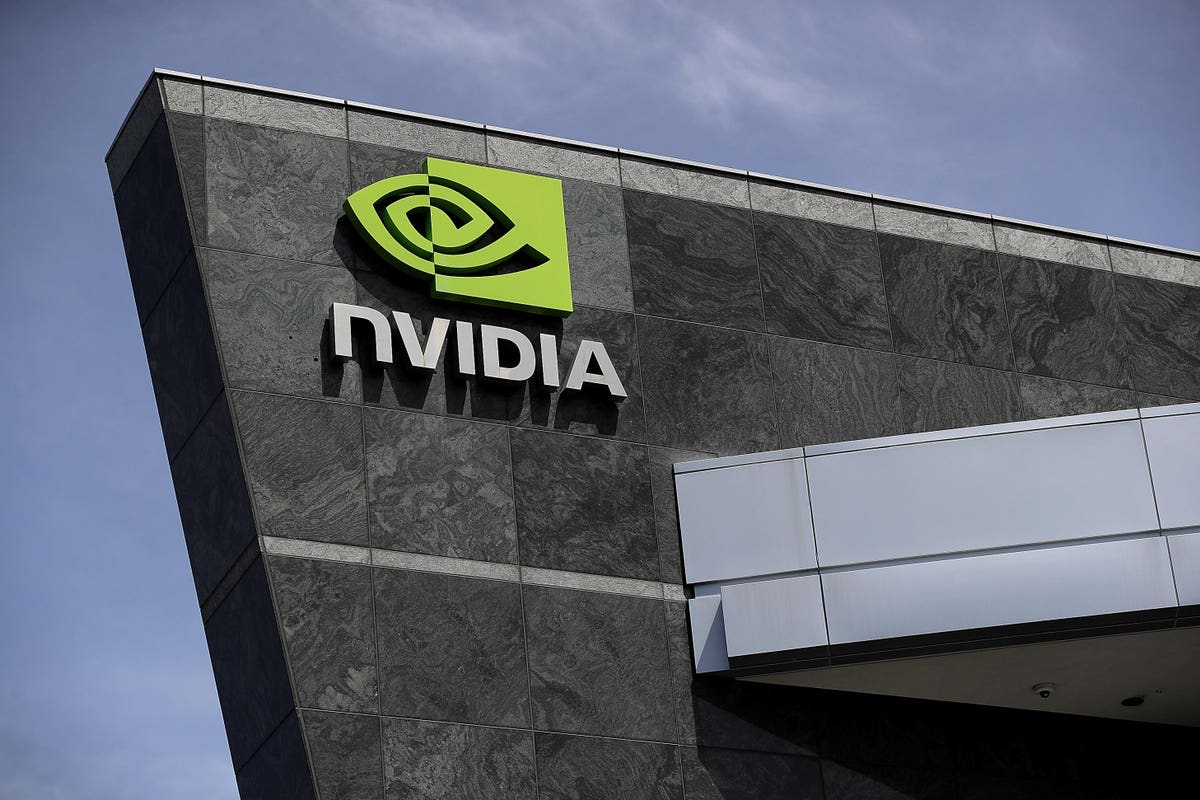In the past few days, technology stocks have been on a tear, inspired by the awesome performance of Nvidia (NVDA).
Nvidia, which makes chips beautifully suited for artificial-intelligence applications, saw its stock soar 27% in the week ended May 26, and 172% year-to-date. Kudos to those who own it, but I probably never will. It’s a very expensive stock, and I’m a cheapskate.
What do I mean by expensive? Nvidia shares go for 202 times the past four quarters’ earnings. For comparison, the average stock in the Standard & Poor’ 500 currently sells for 21 times earnings.
For value investors like me, who belong to the bargain-hunting school of stock selection, getting enough exposure to technology stocks is always a challenge. Tech stocks are in the forefront of innovation, and therefore they often sell for high multiples.
Here are a few tech stocks that I think price-conscious investors might consider. Each currently sells for less than 20 times earnings.
Cisco Systems
CSCO
CSCO
The company that led the field in computer networking before most people knew what that was, Cisco Systems now sells for 18 times earnings.
Had you invested $1,000 in Cisco on March 1, 1995 you would have had $34,982 five years later. Those glory days are past, but Cisco remains a formidable company. Its return on stockholders’ equity (a common measure of profitability) was 28% in the past four quarters. I consider anything north of 10% respectable, and anything above 15% good.
Financially strong, Cisco makes $35 in profits for every dollar it pays out in interest on its debt. Debt is 20% of equity; I consider anything below 50% a good ratio. Cisco’s profit margin after taxes is about 21% — again, a handsome number.
Texas Instruments
TXN
TXN
Possibly you know Texas Instruments because of its hand-held calculators. But its main product is semiconductor chips. It is one of the most profitable companies in the chip industry, with a return on equity of 57%.
According to Wikipedia, Texas Instruments held 45,000 patents worldwide, as of 2016. In 1954, it made the first commercial silicon transistor, and the first transistor radio.
The company has exceeded a 15% return on equity in each of the past 15 years, and has been over 50% the past five years. The stock sells for just under 20 times earnings.
Applied Materials
AMAT
AMAT
Weighing in at 18 times earnings is Applied Materials, one of the world’s largest makers of semiconductor manufacturing equipment. It, too, has a king-sized return on equity, 51% in the past four quarters.
Applied Materials has been profitable in 14 of the past 15 years, the exception being recession-scarred fiscal 2009. A potential problem, given the tough state of relations between the U.S. and China, is that Applied Materials gets about 28% of its revenue from China and another 24% from Taiwan.
Lam Research
LRCX
LRCX
Speaking of China, Lam Research has warned that this quarter’s revenue will come in below previous expectations, partly because the U.S. has restricted sales of certain advanced technologies to China. Revenue for the quarter may be about $3.1 billion, revised down from about 3.5 billion.
According to Reuters, Lam has been getting about 30% of its revenue from China. That includes Taiwan, where Taiwan Semiconductor is a big customer.
Lam is a leader in wafer fabrication equipment, particularly “etch,” the process of laying out the pathways on a semiconductor chip. Over the past decade, it has increased its revenue almost 20% a year. The stock sells for 18 times earnings.
I like Leidos Holdings, based in Reston, Virginia, because it provides software and services to the U.S. Department of Defense and the U.S. intelligence community. Given U.S. frictions with China, Russia, Iran and North Korea, I think Congress will have to maintain or increase defense spending.
If that defense spending is to be effective, in my opinion, it will have to include a hefty dose of software upgrades. The company’s earnings history is inconsistent, but has shown a profit in 14 of the past 15 years, and has earned a 15% return on equity or better in 10 of those years. The stock sells for 16 times earnings. One worry: The balance sheet is a little heavy on debt for my taste.
Disclosure: I own Texas Instruments and Lam Research personally and for most of my clients. I own Applied Materials for some clients. Katharine Davidge, my wife and a portfolio manager at my firm, owns Nvidia personally and for some clients.
Read the full article here





